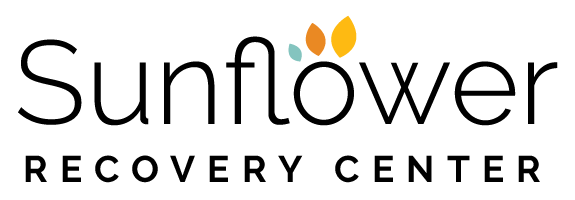If you’ve got a loved one struggling with substance abuse, there is a good chance they are also battling mental health issues - whether diagnosed or not. Nearly 50 percent of people with drug abuse and alcohol addiction have a co-occurring mental health disorder. Finding the appropriate dual-diagnosis addiction treatment program is essential for health, happiness, and long-term recovery. That’s why we’ve developed this guide to dual-diagnosis treatment.
Understanding Dual-Diagnosis
Dual-diagnosis refers to the co-occurrence of a mental health disorder alongside a substance use disorder. This combination often exacerbates both conditions, creating a cycle that is challenging to break without professional intervention. Treating these individually can be difficult since it creates a chicken-or-the-egg scenario. Common mental health disorders associated with dual-diagnosis include depression, anxiety, bipolar disorder, and PTSD.
Why Dual-Diagnosis Treatment is Crucial
Traditional addiction treatment programs may not address the underlying mental health issues that often accompany substance abuse. This can create a gap in treatment leading to increased symptoms and the possibility of relapse. Proper dual-diagnosis treatment integrates mental health and addiction services to ensure that all aspects of an individual's well-being are addressed simultaneously. This approach significantly improves the chances of long-term recovery and a more fulfilling life.
Signs Your Loved One May Need Dual-Diagnosis Treatment
Recognizing the signs of dual-diagnosis is the first step in seeking help. Look for the following indicators:
- Mood Swings: Frequent and severe mood changes that seem disproportionate to the situation.
- Substance Dependence: Increasing reliance on drugs or alcohol to cope with daily life.
- Withdrawal from Activities: Loss of interest in hobbies or social activities they once enjoyed.
- Erratic Behavior: Unpredictable actions or decisions that are out of character.
- Physical Symptoms: Noticeable weight changes, neglect of personal hygiene, or unexplained physical ailments.
The Sunflower Recovery Approach
At Sunflower Recovery, we offer a compassionate and evidence-based approach to treatment. Our multidisciplinary team of experts works collaboratively to create individualized treatment plans tailored to each person's unique needs.
Comprehensive Assessment
Our journey begins with a thorough assessment to identify the specific mental health and substance use disorders affecting your loved one. This allows us to develop a personalized treatment plan that targets the root causes of their struggles.
Integrated Treatment
We combine various therapeutic modalities, including:
- Cognitive Behavioral Therapy (CBT): To address negative thought patterns and behaviors.
- Medication Management: To stabilize mental health conditions and reduce cravings.
- Group Therapy: To foster community support and shared experiences.
- Holistic Therapies: Such as yoga, meditation, and art therapy to promote overall well-being.
Family Involvement
We understand that addiction and mental health disorders affect the entire family. Our family therapy sessions and educational workshops provide support and guidance, helping families navigate the recovery process together.
Taking the First Step
If you suspect that your loved one is struggling with a dual-diagnosis, reaching out for professional help is crucial. Don’t wait. Contact Sunflower Recovery to learn more about our dual-diagnosis treatment programs. Together, we can pave the path to recovery and a brighter future.

